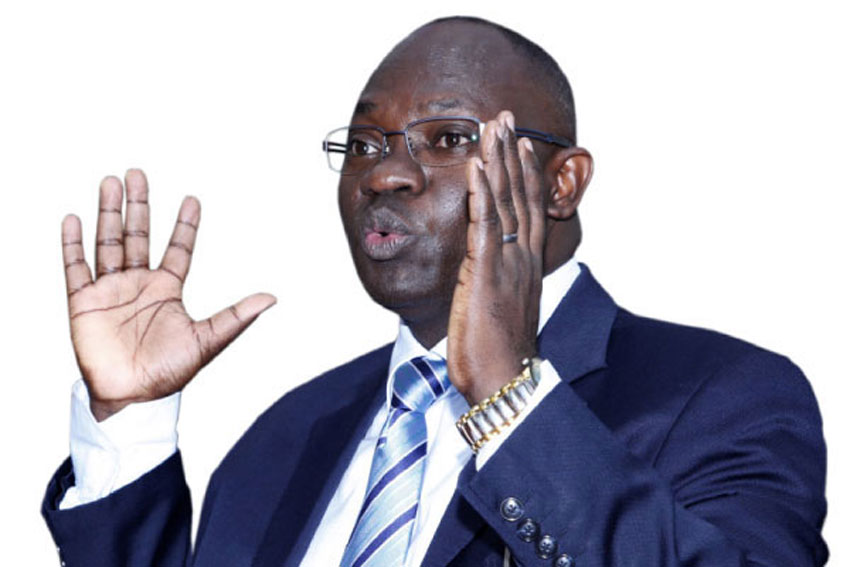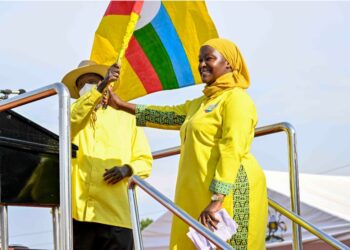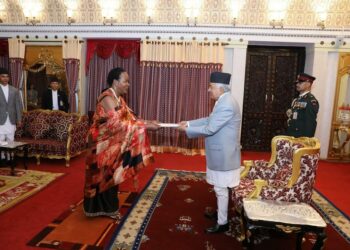Dr Livingstone Sewanyana, The UN Independent Expert on the Promotion of a Democratic and Equitable International Order, has tasked the UN to push for accountability of COVID-19 funds through international financial institutions as a means of realising economic, social and cultural rights of citizens.
Financial institutions such as the World Bank, the International Monetary Fund (IMF), the African Development Bank (AfDB), the Asian Development Bank (ADB), the European Bank for Reconstruction and Development (EBRD), the European Investment Bank (EIB) and the Inter-American Development Bank (IDB), provide loans, credits and grants to developing countries; policy advice; technical assistance; and global public goods.
They aim at, reducing global poverty and achieving sustainable economic, social and institutional development, and most of them have committed to support the 2030 Agenda for Sustainable Development. Through their activities, international financial institutions can have a direct influence on how national authorities deliver on good governance and therefore abide by their obligation to respect human rights for their population.
All the institutions studied in this report have adopted safeguards relevant to good governance in their activities, and the Independent Expert does not question their commitment to this principle. He intends to look at the various provisions, policies and practices of IFIs and propose ways towards improvement whenever deemed pertinent.
As he presented his third report to the 45th Session of the UN Human Rights Council, today September 21, 2020, Dr Sewanyana said accountability would help states sustain life and promote livelihoods. Sewanyana said, “There is need to widen the scope of participation and accountability of all states in the promotion of Human Rights.”
Recognising that COVID-19 had adverse effects on the economic and social livelihoods of Ugandans, Sewanyana said accountability of the funds given by states to countries like Uganda would help to check vices like corruption. Safeguarding human rights such as the right to life and food is extremely important in a COVID-19 context.
He also noted that despite the huge financial support to states instead there has been abuse perpetuated against citizens of the countries he evaluated.
Dr Sewanyana emphasized that the key tenets of a democratic and equitable international order is the principle of good governance. In fact, several components of what constitutes good governance, which he elaborated in in his report, are found in the successive Council and General Assembly resolutions pertaining to the promotion of a democratic and equitable international order. For instance, the Council and the General Assembly referred to the aspirations of all peoples for an international order which are based on the principles enshrined in the United Nations Charter, including promoting and encouraging respect for human rights and fundamental freedoms for all and respect for the principle of equal rights and self-determination of peoples, peace, democracy, justice, equality, the rule of law, pluralism, development, better standards of living and solidarity.
Furthermore, the Council and the General Assembly recognized that democracy, respect for all human rights, including the right to development, transparent and accountable governance and administration in all sectors of society, and effective participation by civil society are an essential part of the necessary foundations for the realization of social and people-centred sustainable development.
Do you have a story in your community or an opinion to share with us: Email us at editorial@watchdoguganda.com













